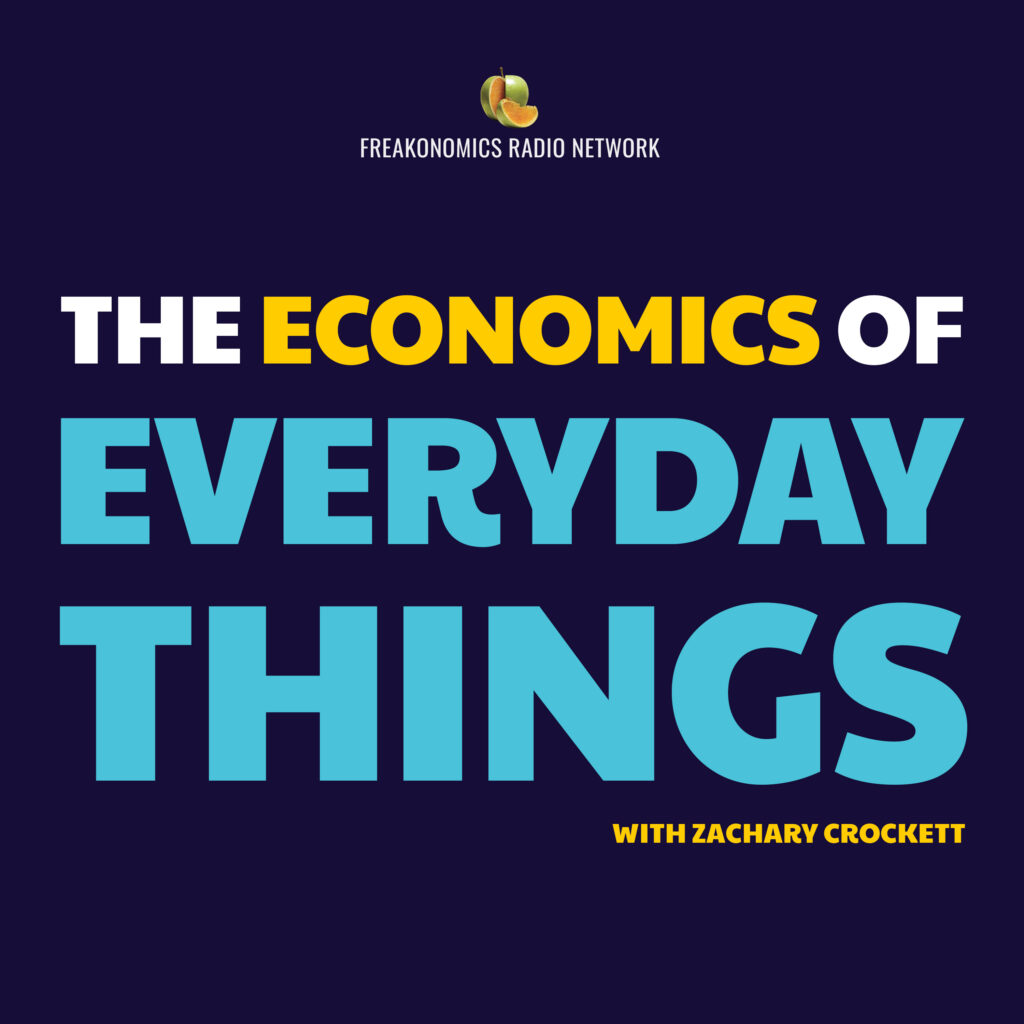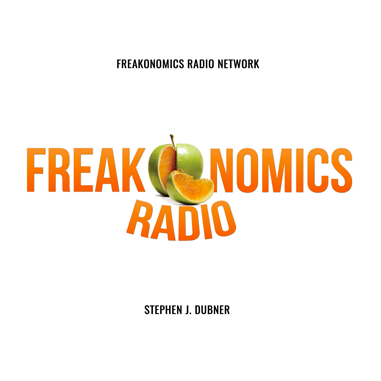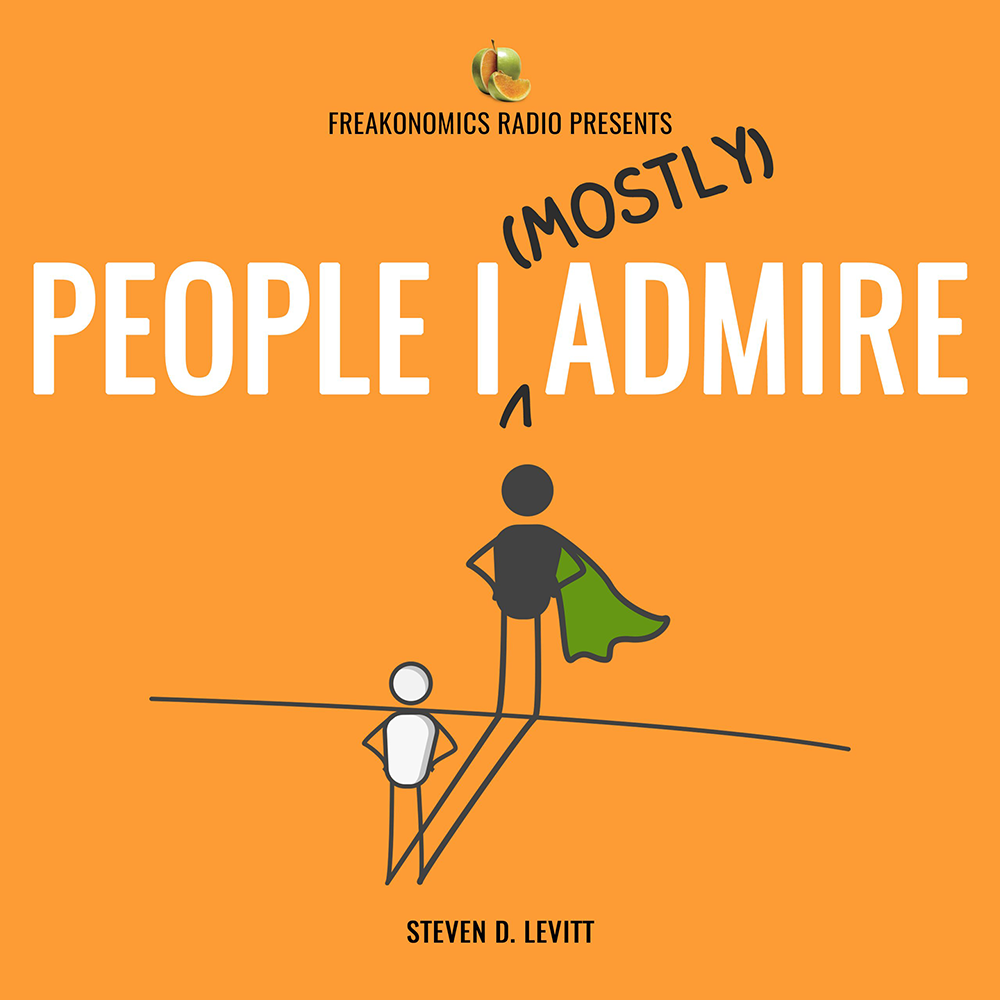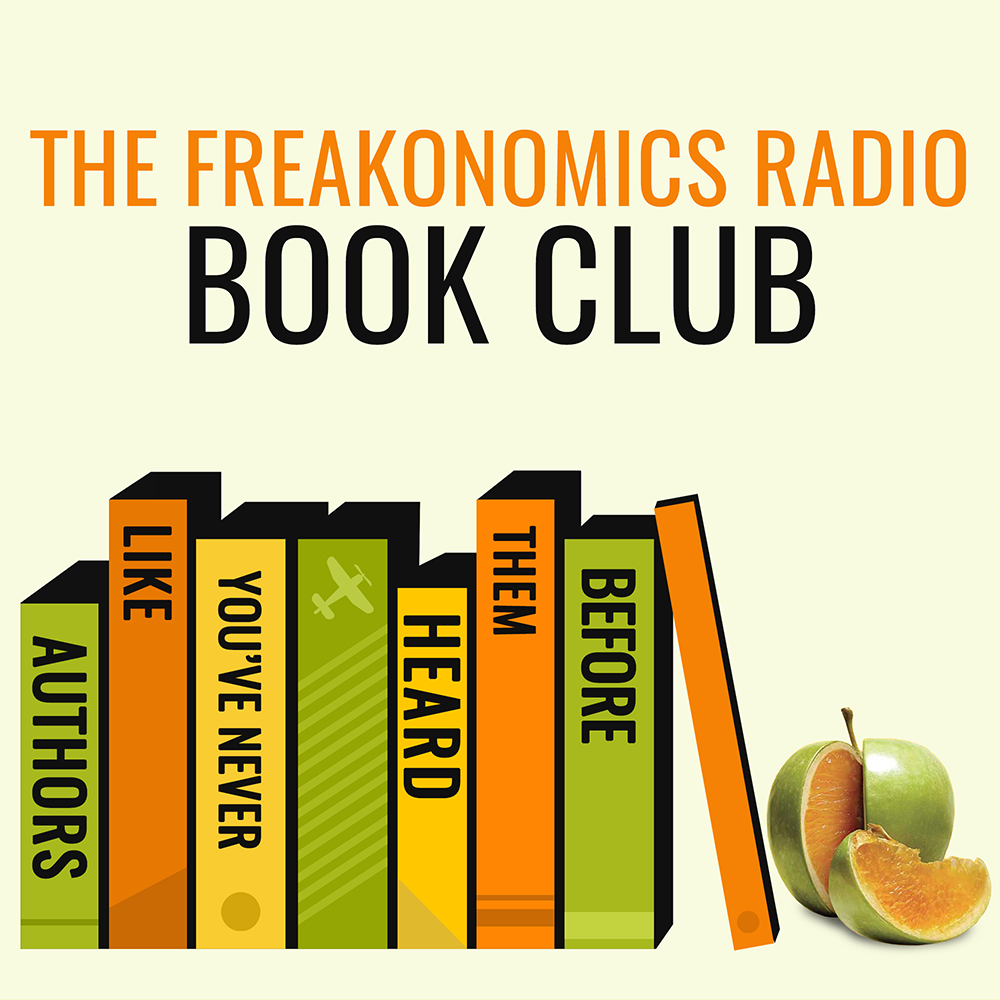The Economics of Everyday Things
Who decides which snacks are in your office’s vending machine? How much is a suburban elm tree worth, and to whom? How did Girl Scout Cookies become a billion-dollar business? In bite-sized episodes, journalist Zachary Crockett looks at quotidian things and finds amazing stories.
Listen here or follow The Economics of Everyday Things on Apple Podcasts, Spotify, YouTube, or wherever you get your podcasts. We also provide transcripts, show notes, and links to research for each episode.
Pistachios (Replay)
How did a little green nut become a billion-dollar product, lauded by celebrities in Super Bowl ads? Zachary Crockett cracks open the story.
Cashmere (Replay)
Once a luxury good, the soft fiber is now everywhere — which has led to a goat boom in Mongolia. Zachary Crockett tugs at the thread.
Used Bookstores
Americans throw away 320 million books every year. How do some of them find a second life? Zachary Crockett is just browsing.
Greeting Cards (Replay)
The tradition of sending cards to loved ones was in decline — until it was rescued by a new generation. But millennials have their own ideas about what sentiments they want to convey. Zachary Crockett is thinking of you on your special day.
Stadium Names, from The Indicator
How did Florida International University’s new football stadium come to be named after the rapper and singer Pitbull? Adrian Ma and Wailin Wong of The Indicator from Planet Money explain.
Mannequins
Mannequins may be made out of plastic or fiberglass, but for retailers they’re pure gold. Zachary Crockett strikes a pose.
Prison Labor
Incarcerated people grow crops, fight wildfires, and manufacture everything from motor oil to prescription glasses — often for pennies per hour. Zachary Crockett reports from North Carolina.
Highway Signs
It takes millions of giant green placards to make America navigable. Where do they come from — and who pays the bill? Zachary Crockett takes the exit.
Zoo Animals
When a zoo needs an elephant, or finds itself with three surplus penguins, it doesn’t buy or sell the animals — it asks around. Zachary Crockett rattles the cages.
Tow Trucks
Tow-truck drivers: roadside rescuers or car confiscators? Zachary Crockett gets hooked.
Stradivarius Violins
Why are these 300-year-old instruments still coveted by violinists today? And how do working musicians get their hands on multimillion-dollar antiques? Zachary Crockett is not fiddling around.
Card Counting (Replay)
Casinos think they can stop skilled gamblers from eking out a tiny edge at blackjack. Is that a losing bet? Zachary Crockett doubles down.
Stock Photos
Making money in the stock image business requires a sharp eye for trends, a very specific type of model, and a race against A.I. Zachary Crockett takes his shot.
Sushi Fish
How does a fresh tuna get from Japan to Nebraska before it goes bad? And how does its journey show up in the price of your spicy tuna rolls? Zachary Crockett gets schooled
Title Insurance
Almost everyone who buys a home spends thousands of dollars on title insurance. Most of them don’t understand it, and almost none of them use it. So why does it exist? Zachary Crockett closes the deal.
Truffles (Replay)
It takes fungi-sniffing dogs, back-room deals, and a guy named “The Kingpin” for the world’s most coveted morsel to end up on your plate. Zachary Crockett picks up the scent.
Money Laundering
How do criminals turn their ill-gotten gains into taxable income? And how does law enforcement stop them? Zachary Crockett follows the money.
Restaurant Reservations
Thanks to online booking platforms, the way we make reservations has changed — but a table at a hot restaurant on a Friday night is still a valuable commodity. Zachary Crockett books a four-top for 7 p.m.
Firefighters
There are more firefighters than ever — and fewer fires for them to fight. So the job has changed. Zachary Crockett slides down the pole.
Romance Novels (Replay)
How did love stories about vampires, cowboys, and wealthy dukes become the highest-grossing fiction genre in the world? Zachary Crockett gets swept away.
Snake Venom
Why does treating a venomous snake bite cost as much as a house? Zachary Crockett slithers over to North Carolina to find out.
Direct-to-Consumer Mattresses
Online companies promised to bring transparency to the mattress-buying experience. Did that work out? Zachary Crockett takes a look under the sheets.
Ghostwriters
Channeling the voices of celebrities can be a lucrative career — one that requires empathy and discretion, as well as literary chops. Zachary Crockett checks the acknowledgements.
The Freakonomics Radio Network
How to Listen
You want to listen to Freakonomics Radio? That’s great! Most people use a podcast app on their smartphone. It’s free (with the purchase of a phone, of course). Looking for more guidance? We’ve got you covered.
Freakonomics Radio Network Newsletter
Stay up-to-date on all our shows. We promise no spam.





